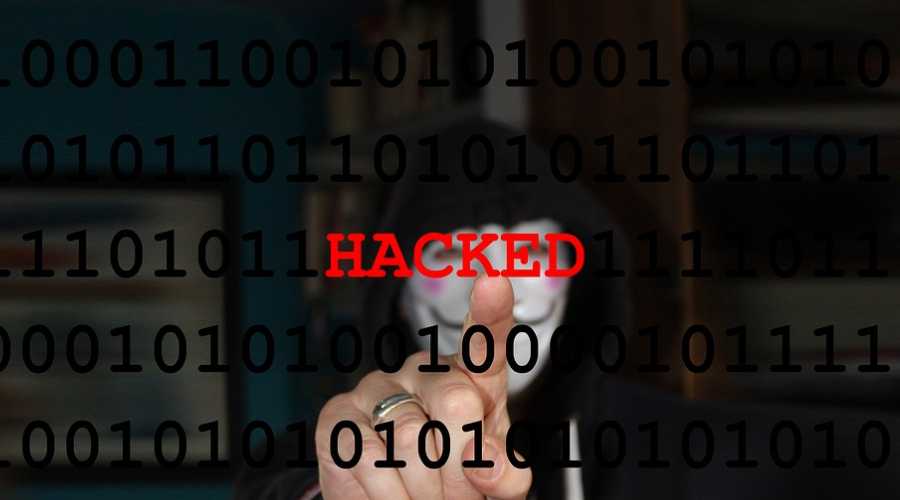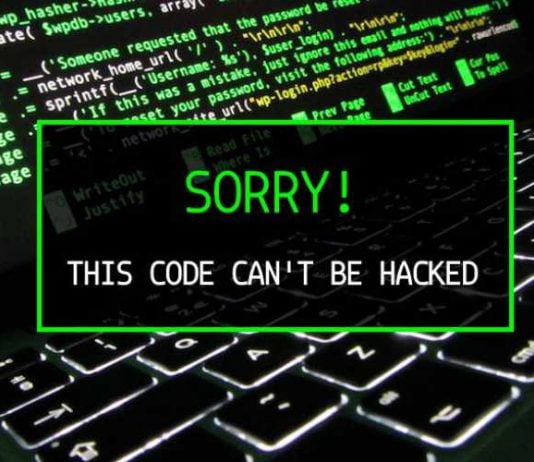WannaCry became the biggest ransomware after it held hostage at least 200,000 computers in 150 countries. These computer systems ranged from hospitals, businesses such as FedEx and personal computers.
Cybersecurity is a major concern in today’s technological era where everyone uses technology for multiple reasons ranging from paying utilities to socializing.
With such increasing usage comes increased cases of hacking. Therefore, it’s only important that you know how to protect yourself against hacking with these 5 tips.
Contents
1. Use Two-Factor Authentication
Two-factor authentication is a fantastic and secure way to ensure hackers never access your valuable data. In this method, you’ll be required to enter two sets of passwords. First, you’ll enter your usual password, for example, on an email account.
Afterward, the emailing service will text or call you with a temporary code which you must enter in order to access your account. Without the temporary code, you’ll be denied access. This way, even if a hacker figures out your password, they’ll need the code to access your account.
Then there’s the FIDO key which is a physical USB. This USB will work as a house key and you’ll use it to access specific accounts. If you don’t plug it in, then no one, not even you can access your account.
2. Use VPNs
A virtual private network, VPN, is a private and secure tunnel you can use to send and receive data online. By creating a secure tunnel, you can avoid snooping and interference.
You can also use a VPN to change or mask your location as you access the internet. This will also allow you to bypass censorships imposed on certain jurisdictions. However, you must be careful with the type of VPN software you’ll use if you didn’t how to create one.

3. Use Different Passwords
Many people have a one-password for all accounts system. This means if a hacker obtains access for a single account, then they can access all other accounts which put your data at risk.
For this reason, cybersecurity experts recommend using password managers which come up with complex passwords. These passwords contain symbols, letters and numbers, making it difficult for a hacker to guess or even crack your password.
It’s now easier than ever to share content with people online thanks to technological advancements.
However, this ease and convenience come at a price, especially for the ignorant internet users. For example, sharing nudes online puts you at risk of exposure and a damaged reputation.
Even if you delete them afterward, the internet never forgets and can come to haunt you later on in life.
The same goes for your financial information. The bottom line is, only share data online you are comfortable sharing and increase your online security awareness. Learn more by visiting this page that explains all the different ways to keep yourself and coworkers safe.
Even though this doesn’t guarantee you won’t be hacked, it’s important to mitigate risks from a personal level.
5. Use an Antivirus
An antivirus is a software installed on computers and mobile devices to keep them safe from malicious software such as viruses and also deter suspicious activities. If you don’t do anything else, at least install antivirus software.
Look at it as the first line of defense for your data stored on any device. Once the software detects suspicious activity, you’ll get a notification with a recommendation on how to proceed. With this, a hacker will have to work 10 times as hard in order to bypass it.
Today’s world revolves around the internet and technology in general. With multiple interconnected systems, it’s important to keep your data safe and secure in order to have peace of mind. By implementing the tips outlined in this article, you’ll avoid cases of account hacking and leaked information.



I would also suggest using the “In-Cogneto” window option to surf more securely when required, and ensure that the windows and driver updates are kept as up-to-date as possible, log off (or at least lock your system) whenever leaving your computer, and if you use a FIDO key (or similar hardware token) ensure you don’t leave them unattended when you leave your computer.